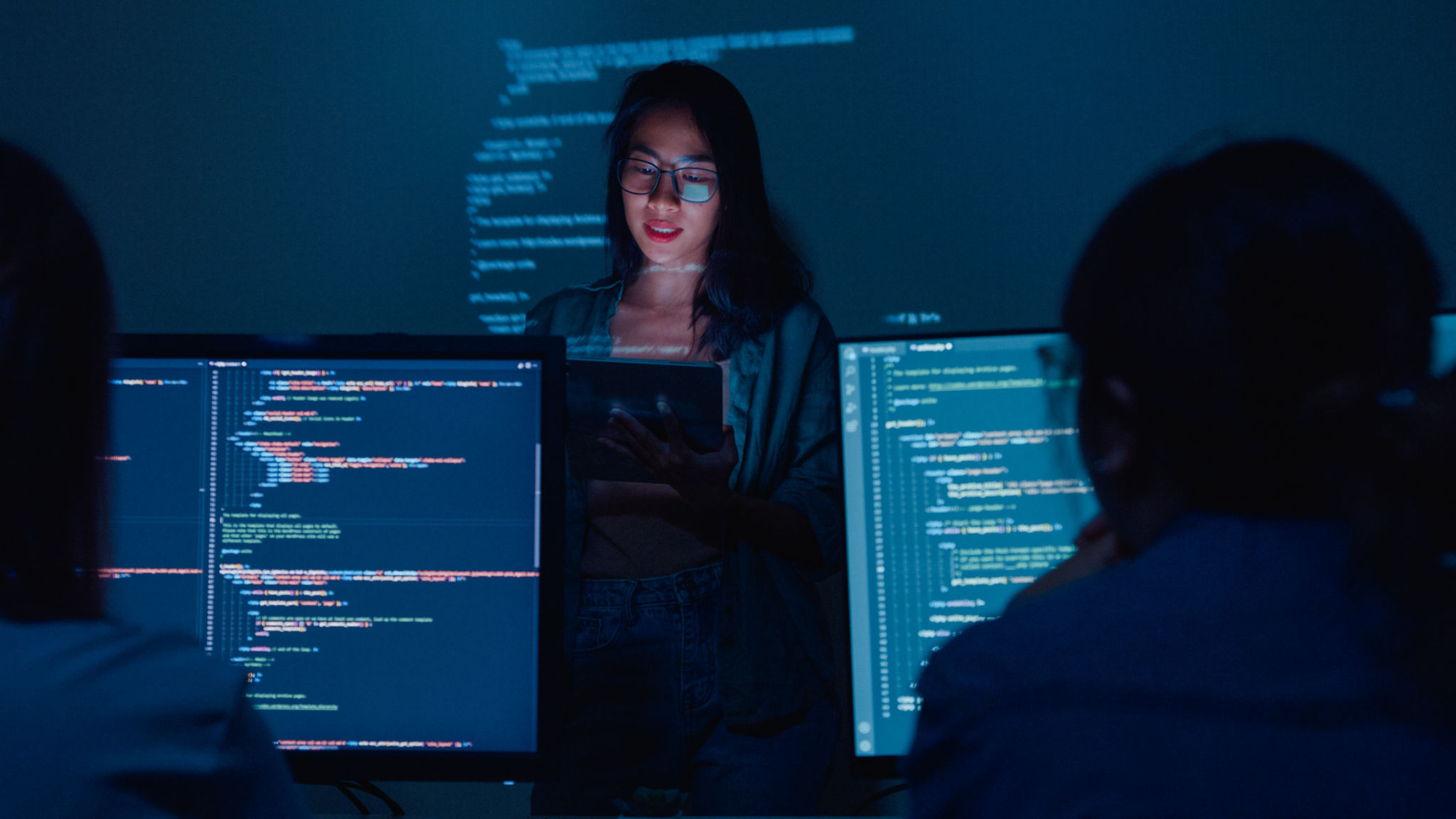AI in Education: Current Trends and Future Possibilities
The Integration of AI in Education
Artificial Intelligence (AI) is revolutionizing various sectors, and education is no exception. The incorporation of AI technologies in educational settings is enhancing learning experiences for students and providing educators with innovative tools to improve teaching methods. By automating administrative tasks, offering personalized learning experiences, and providing valuable insights through data analysis, AI is reshaping the educational landscape.

AI-Powered Personalized Learning
One of the most significant advantages of AI in education is its ability to facilitate personalized learning. AI systems can analyze a student's learning habits and tailor educational content to suit their specific needs. This approach ensures that students receive the support they need to master subjects at their own pace, making learning more effective and enjoyable.
Personalized learning is particularly beneficial for students with learning difficulties or those who excel beyond the standard curriculum. By identifying strengths and weaknesses, AI tools can provide customized resources and exercises, helping all students achieve their full potential.
Enhancing Administrative Efficiency
AI is also streamlining administrative tasks within educational institutions. By automating processes like grading, scheduling, and record-keeping, AI allows educators to focus more on teaching and less on paperwork. This not only reduces the workload for teachers but also minimizes human errors in administrative duties.
Moreover, AI-driven chatbots and virtual assistants are increasingly being used to handle student inquiries. This ensures that students receive timely responses to their questions, enhancing the overall educational experience.

Future Possibilities of AI in Education
As AI technology continues to evolve, its potential applications in education are vast. One exciting possibility is the development of intelligent tutoring systems that can simulate one-on-one tutoring experiences. These systems could provide real-time feedback and adapt to the learning styles of individual students, offering a more personalized and effective educational experience.
AI in Collaborative Learning
Collaborative learning environments are likely to benefit from AI advancements as well. By using machine learning algorithms, AI can facilitate group projects by pairing students based on complementary skills and learning preferences. This ensures that collaborative efforts are more productive and that each student contributes meaningfully to the group's success.

Challenges and Considerations
Despite the potential benefits, integrating AI into education comes with challenges. Privacy concerns related to data collection and the need for significant investment in technology infrastructure are significant hurdles that need to be addressed. Additionally, there is a need for ongoing training for educators to effectively use AI tools in their teaching practices.
Furthermore, while AI can enhance educational experiences, it should not replace the human element that is crucial for fostering creativity and critical thinking. The goal should be a harmonious blend of technology and traditional teaching methods.
Conclusion
The incorporation of AI into education offers exciting possibilities for transforming how we teach and learn. By embracing these technologies, educational institutions can provide richer, more personalized learning experiences. However, it is essential to address the associated challenges thoughtfully and ensure that technology enhances rather than replaces the vital human aspects of education.